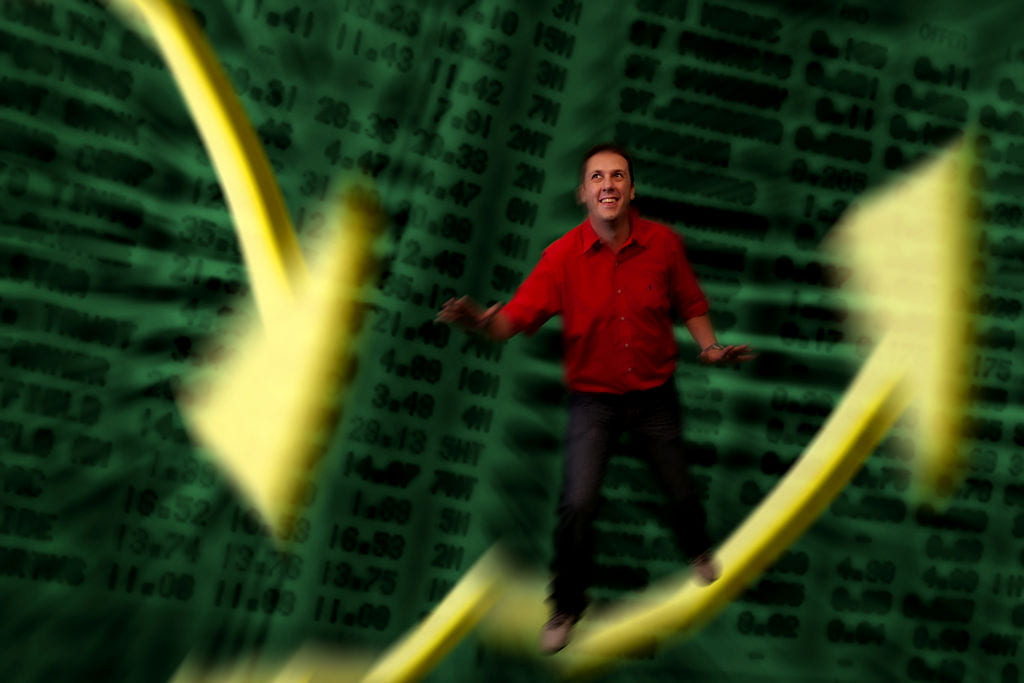Exploring economic psychology
Irrational optimism or pessimism is linked to a majority of booms and busts occurring since the early 1970s.

Public attitude may be as important as public policy when it comes to the economy, according to UC Irvine’s Fabio Milani.
A new economic model developed by the assistant professor of economics takes into account his finding that irrational optimism or pessimism is linked to a majority of booms and busts since the early 1970s.“
Current macroeconomic models used to describe the American economy assume the market is a stable system, populated by rational individuals and influenced by random changes in supply, demand, policy, technology and other traditional variables,” Milani says.
Milani adds into the equation the independent influence of shifts in expectations unrelated to fundamentals. Long believed and widely assumed to play a role in economic fluctuations, these psychological shifts are hard to quantitatively prove and, as a result, have been ignored in modern macroeconomics, he says.
Milani looked at macroeconomic data from the early 1970s through 2009 on gross domestic product, inflation, and interest rates, and compared that to information to expectations about those same variables from the Survey of Professional Forecasters. He was able to show where forecasts deviated from projections based on standard economic models. The deviations, which he classifies as irrational optimism or pessimism, accounted for more than 50 percent of actual business cycle fluctuations that occurred during this same period.
“This quantitatively confirms what many have suspected – psychology is important for the economy and, sometimes, it can lead to self-fulfilling prophecies,” he says. On average, he says, it takes several quarters before the effects of these errors of unsubstantiated optimism or pessimism die off.
What does all this mean? For policy makers, he says, it points to a need for more proactive fiscal and monetary policy strategies.
“If you leave an economy open to market forces without intervention, it will be much more susceptible to these high levels of fluctuation that derive from psychological variables,” he says.
For academics and economists the findings demonstrate a need to reexamine standard macroeconomic models that focus wholly on fundamentals and exclude behavioral elements and less-than-fully-rational expectations.
“Economists have long been criticized for giving precedence to the elegance of their models and assumptions, rather than to realism,” he says. “There is a lot more interest after the last recession, in moving away from the standard frameworks and focusing on some of these behavioral characteristics, which could be useful to better understand how the economy really functions and where it’s headed.”
The study is on file as a working paper with the Centre for Economic Policy Research in London and the Euro-Area Business Cycle Network, a joint venture between the center and European central banks.